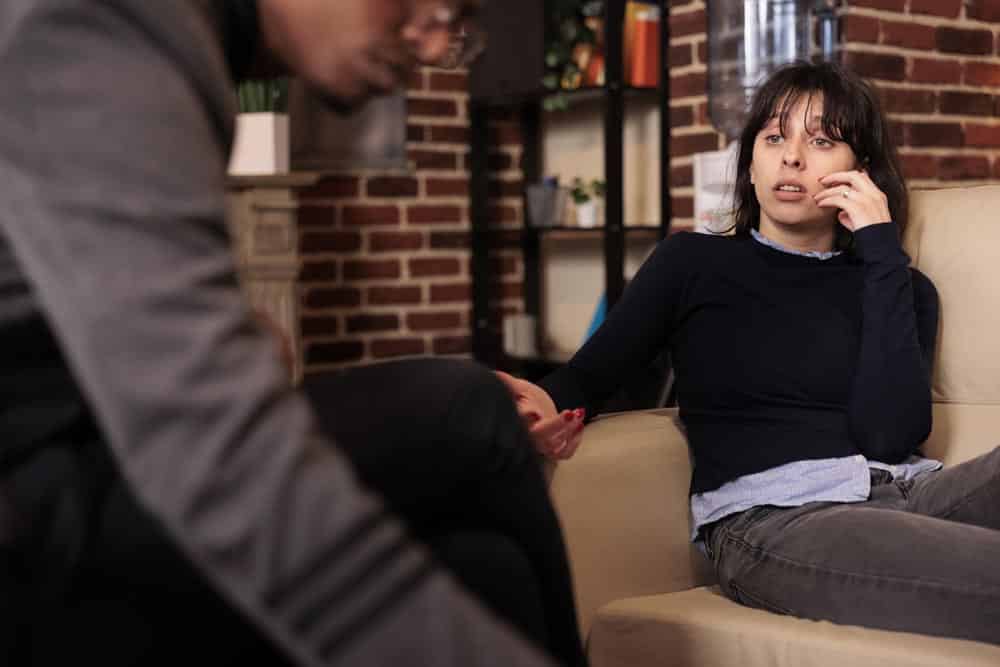Struggling with addiction is inherently a lonely battle, but there are times when having someone else involved in your substance abuse problem is actually worse than going it alone. For many struggling with addiction, the worst thing that can happen is for those around you to take actions that actually help you continue to abuse drugs or alcohol through codependency or enabling behaviors. Understanding codependency and enabling behaviors in relationships is important to help you fight past such actions to find true help for substance abuse and begin the journey to recovery.
Both codependency and enabling behaviors, which often go hand in hand, are dangerous for those dealing with addiction and substance abuse.
Codependency in a relationship sees people who become dangerously unable to function without one another, sometimes equally so, other times with one taking actions to assist the other because they cannot function without the relationship. This usually takes the form of one person doing things to excuse or even make possible the other person’s substance abuse. They will make excuses for absences or even abuse, justifying their partner’s substance abuse in whatever way they can.
This can often take the form of enabling behaviors, which can include lying for the addict, giving them money, even paying their bills. Such enabling behaviors allow the addict to avoid outside consequences to their substance abuse, such as social isolation or financial insolvency, because the other person in the relationship is paving over problems for them. They do so thinking they are helping, but ultimately they are only making the struggle with addiction worse, which is the greatest problem the addict confronts.

The codependent partner in such a relationship faces their own problems in such a situation. While they are usually not dealing with addiction themselves, as that would make it difficult for them to cover for the addict in their life, they are, in a sense, addicted to the relationship as it exists. They are willing to ignore or excuse any number of issues as long as they can maintain the status quo of their relationship.
But such seemingly selfless behavior has the codependent partner struggle to make healthy decisions for themselves, nor does it truly do anything to protect the addict from the deteriorating nature of their lifestyle and the strain it puts on all relationships, including the one that makes their addiction possible.
Only by ending the cycle of codependency and putting a stop to enabling behaviors can the addict being to seek help for their substance abuse and the relationship can start to find healthier ground from which to grow.
At Good Landing Recovery, the addict can learn to identify codependency and enabling behaviors in their life and work to avoid such problems to prevent further heartbreak and unhealthy relationships in the future. For the addict to find true recovery, they must build stronger relationships that will not descend into further avoidance of responsibility.
Both codependency and enabling behaviors can create significant problems for both the addict and their loved ones. By ending such patterns, with help from Good Landing Recovery, you can better understand both problems and find a healthier way forward for the future.

